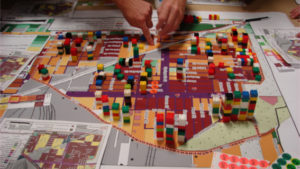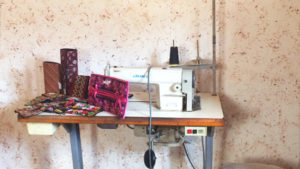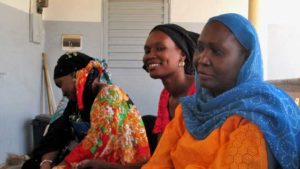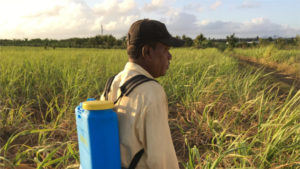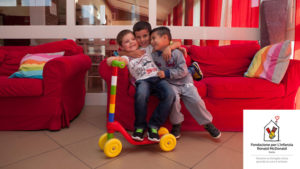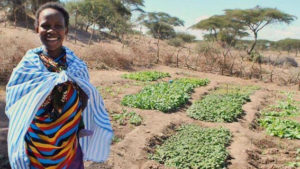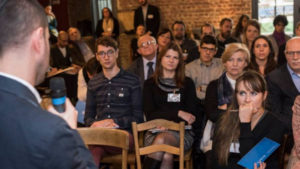Action-Research for gender mainstreaming development in Senegal
Identifying the causes of discrimination in health and education
Project Title “Développement et application de la Méthodologie Budgétisation Sensible au Genre (BSG) axée sur le Bien-Etre”
Location Kaolack, Senegal
Duration 2017
Partnership The Centre for Public Policies Analysis (CAPP) of the University of Modena is the project leader
Framework The project is part of the Projet d’Appui à la Stratégie nationale pour l’Equité et l’Egalité de Genre (PASNEEG)
Funding Italian Agency for Cooperation and Development
Context
Gender budgeting is an analysis of the budget that includes a gender perspective in the process. In 1999 the European Commission adopted gender budgeting as the primary instrument for gender-oriented public policies (gender mainstreaming). The UN has defined gender mainstreaming as “the process of assessing the implications for women and men of any planned action, including legislation, policies or programmes”. The ultimate goal is to reach a state of gender equality.
Gender mainstreaming is a methology that allows to cope with the complexity of public policies and to evaluate their differentiated impact on women and men in the multidimensional space of well-being, defined as the set of “capabilities” and ” functionnings ” of the individual.
This approach leads to a significant change when it shifts the focus from sector analysis to the impact that policies have on the individual considered in his different dimensions.
General objective
The general objective was to design a gender mainstreaming strategy for public policy creation in Senegal that featured gender budgeting in accordance with the human development approach.
Our contribution
ARCO Researchers were commissioned to carry out a qualitative research in the city of Kaolack to understand the different opportunities of men and women in having access to education and health. Researcher focused their analysis on these two dimensions as they are considered as entry doors to general well-being.
Education is a central dimension to well-being since it has a dynamic influence on other dimensions. Beyond the formation of basic cognitive skills for the well-being of the individual, it can also have a positive effect on economic growth as it acts directly on human capital, future generations, social standards, maternal health and fertility. There is in fact a proportional relationship between the level of education, access to the labour market and the level of wages, in particular for women. Furthermore, the direct and proportional correlation between the level of female education, the level of autonomy of women and the fairer redistribution of resources, of unpaid work which has positive effects on the development of interpersonal skills of the new generations is widely recognized.
Health is also considered as the central dimension in relation to the different roles of men and women in daily life, in the life cycle, in the development of others and in the interaction between the different dimensions of well-being. Gender inequalities expose men and women to the risk of disease and infection and at the same time guarantee very diverse access to health services. Furthermore, because of their contribution to unpaid work, women play a central role in the care sector both in the household and in taking care of dependent persons.
ARCO Researchers performed the following activities:
- ♦ Drawing up our basic methodology
- ♦ Employing a participatory approach to data collection that identified the main causes of discrimination
- ♦ Performing data analysis
- ♦ Making policy recommendations
![]() A gender lens: gender mainstreaming and evaluation strategies for development projects
A gender lens: gender mainstreaming and evaluation strategies for development projects
Read more on our Inclusive Development Unit

